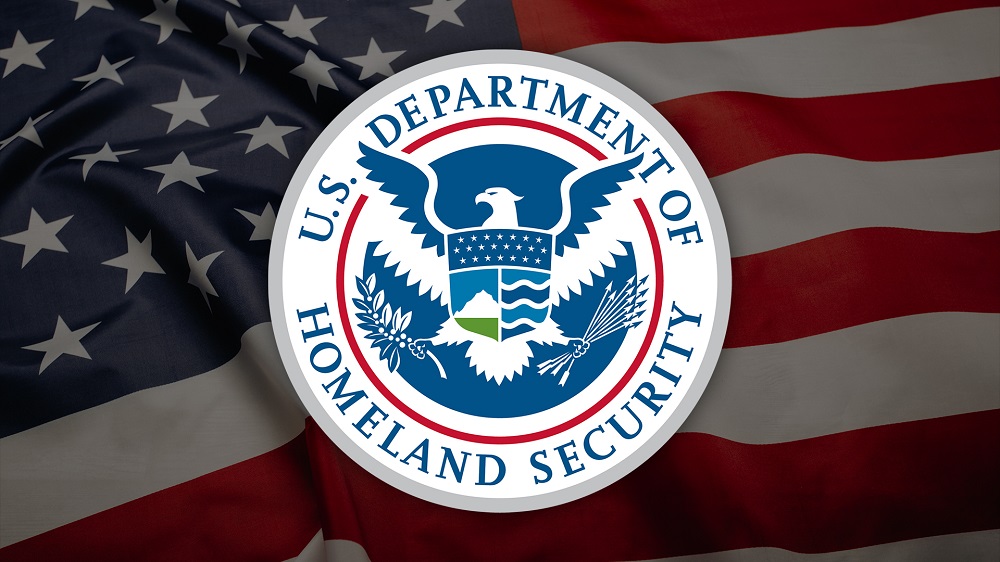
The United States Department of Homeland Security has officially ended Temporary Protected Status (TPS) for Nepal.
Starting from Thursday, Nepali citizens living in the U.S. under this protection will have 60 days to either leave the country or seek another legal option to stay.
TPS Will Expire for Nepalis After August 5
After August 5, those still in the U.S. under TPS will lose their legal protection and be considered undocumented. Previously, TPS for Nepal was expected to remain valid until December 24. This change is expected to affect around 7,500 individuals.
Statement from the Department of Homeland Security
In an official release, the Department explained that the decision was made after reviewing updated reports on Nepal’s current conditions. U.S. Secretary of Homeland Security Kristi Noem stated that the situation in Nepal has improved, including the completion of major reconstruction efforts after the 2015 earthquake, and that TPS is no longer considered necessary for Nepali nationals.
Background and Broader Context
TPS is granted to individuals from countries experiencing severe disruption due to events such as natural disasters or armed conflict. It allows those already in the U.S. to live and work temporarily without fear of removal.
Nepali immigrants who were already in the country before the 2015 earthquake, regardless of visa status, were granted TPS. Many have since been working and contributing to their local communities across the United States.
Supreme Court Allows Broader TPS Terminations
Last week, the U.S. Supreme Court gave the green light for the government to proceed with ending Temporary Protected Status (TPS) for citizens of four other countries: Cuba, Haiti, Nicaragua, and Venezuela. This decision will affect nearly 500,000 individuals, who must now either return to their countries of origin or face possible removal.
Legal Delays Had Previously Blocked the Move
Although the plan to cancel TPS for Nepal and other countries began under the Trump administration, legal challenges had delayed its enforcement. A federal court in Boston had temporarily blocked the action. However, with the recent Supreme Court ruling, the government is now permitted to move forward with the terminations.


